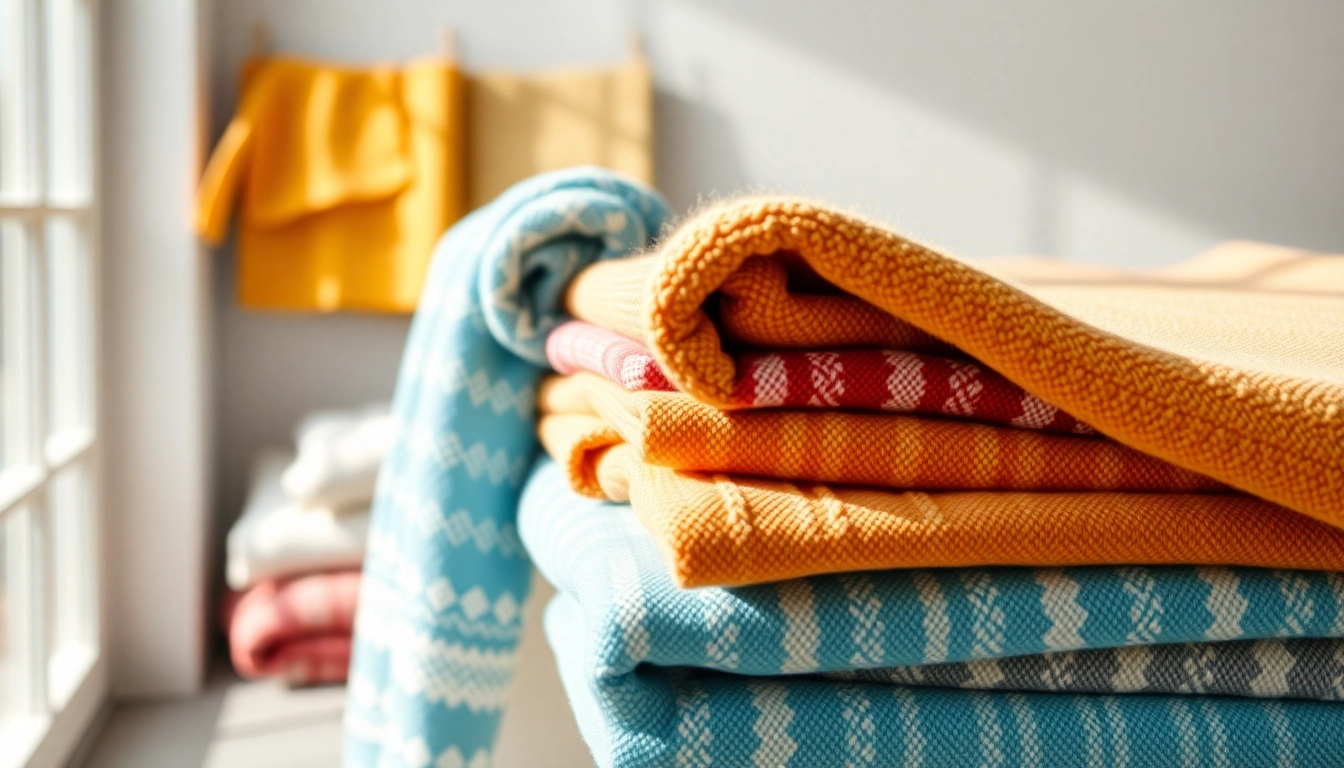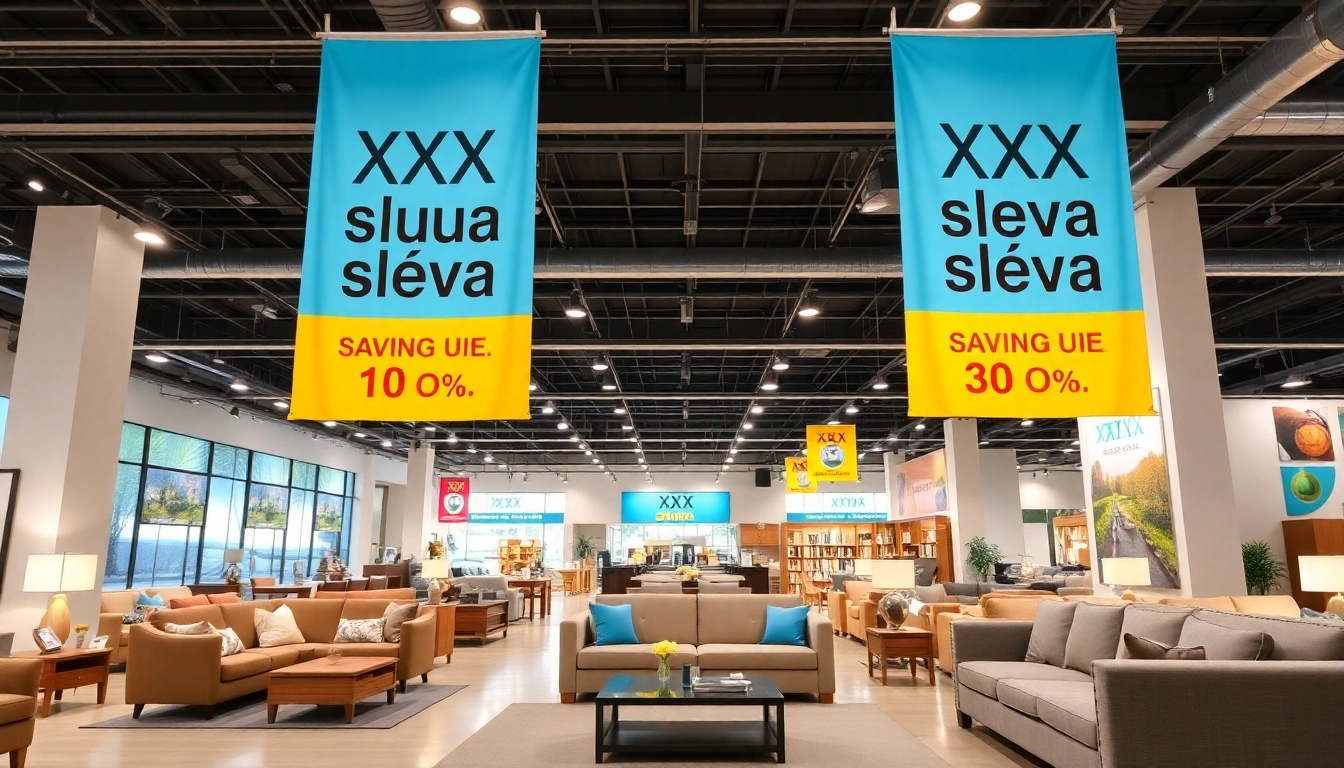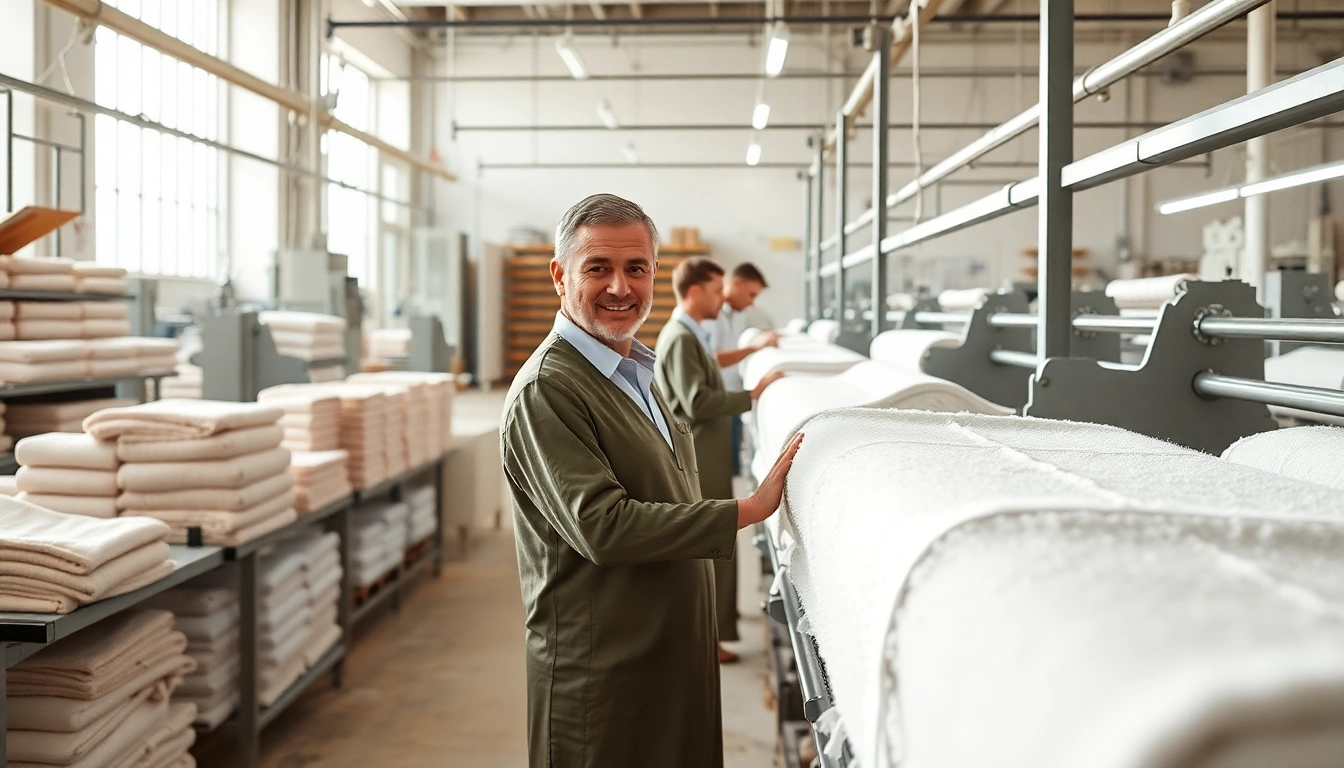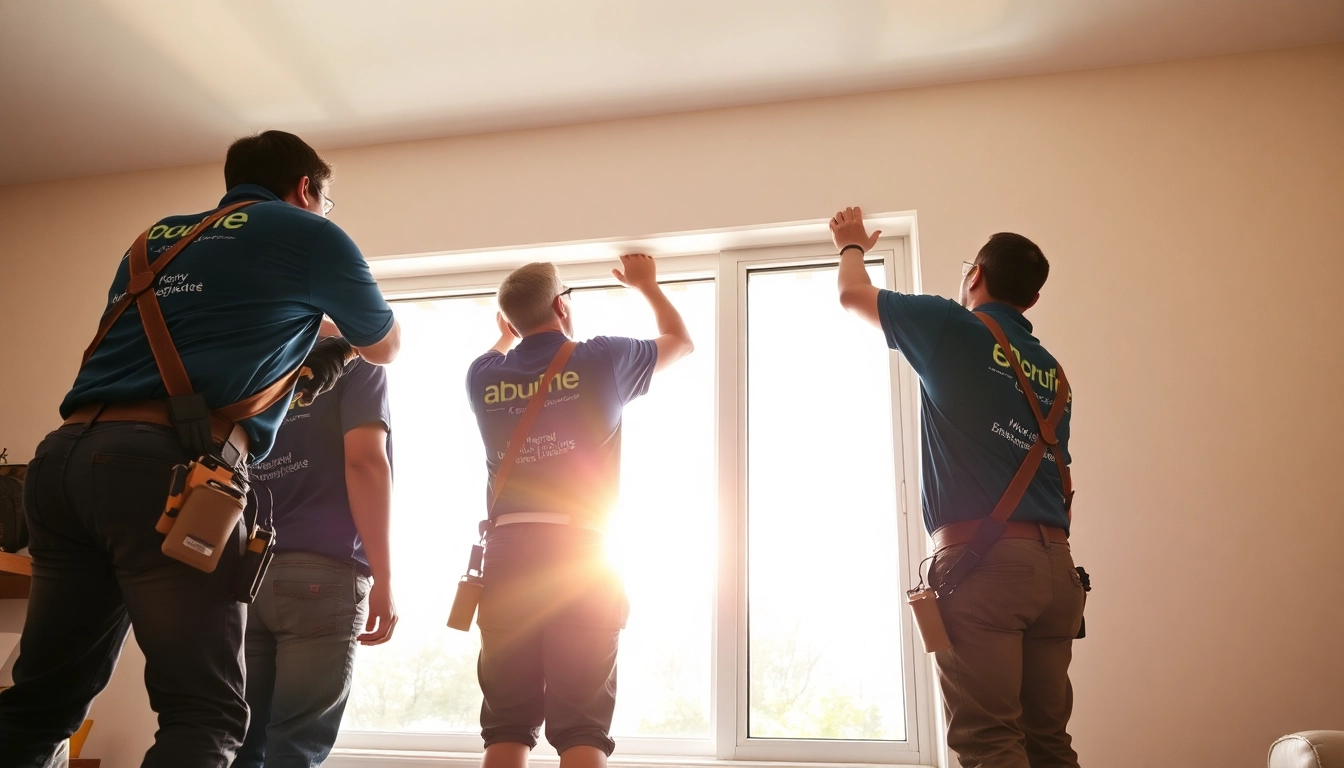Understanding the European Towels Manufacturing Landscape
Europe has established itself as a prominent hub for high-quality towel manufacturing, driven by a tradition of craftsmanship, innovation, and sustainability. The continent hosts a diverse array of manufacturers that specialize in producing towels for various sectors, including hospitality, retail, and private label markets. From Italy’s renowned luxury textiles to Portugal’s long-standing tradition in linen and cotton production, the European market is characterized by its emphasis on quality, eco-conscious practices, and technological advancements.
In recent years, the global demand for premium towels has increased, especially among luxury hotels, boutique spas, and eco-minded brands. European manufacturers are responding by integrating innovative fibers, sustainable production methods, and customization options tailored to client needs. The integration of Industry 4.0 technologies—such as automated weaving, advanced dyeing techniques, and digital quality control—has further elevated European towel manufacturing standards, positioning the region as a leader in both quality and innovation.
For businesses seeking to partner with a reliable Towels manufacturer in Europe, understanding this landscape is crucial. This involves evaluating key trends, regional strengths, and manufacturing standards to ensure alignment with quality expectations and sustainability goals.
Market Overview and Key Trends in Europe
Growing Demand for Sustainable and Eco-friendly Towels
Consumers today are increasingly conscious of environmental impact, prompting European manufacturers to prioritize sustainable materials and eco-friendly processes. Certifications such as GOTS (Global Organic Textile Standard) and OEKO-TEX® are now standard benchmarks that assure eco-conscious production. Brands are opting for organic cotton, recycled fibers, and environmentally safe dyes to cater to this demand.
Luxury and Customization
The luxury segment continues to be a significant driver in European markets, especially with high-end hotels, spas, and boutique brands seeking towels that combine plush comfort with distinctive design. Customization options like embroidery, branding, and specific sizing are readily available, enabling brands to create unique product lines that reinforce their identity.
Integration of Technology and Innovation
Modern manufacturing facilities leverage digital automation, smart weaving machines, and data analytics to enhance efficiency and consistency. Innovations such as quick-dry fabrics, anti-bacterial treatments, and enhanced absorbency are now common among leading European producers, ensuring that towels meet evolving consumer needs and market standards.
Regional Strengths
- Italy: Known globally for luxury textiles, Italian manufacturers specialize in premium, fluffy, and sustainable towels with a rich heritage dating back to 1948.
- Portugal: With a legacy of high-quality linen and cotton textiles, Portugal’s towel industry offers a combination of tradition and innovation, renowned for durability and eco-friendly practices.
- Sweden and the UK: Focused on organic materials and innovative design, these countries emphasize sustainability and niche markets like health and wellness.
Selecting the Right Towels Manufacturer in Europe
Criteria for Evaluating Manufacturing Partners
Choosing an ideal European manufacturer requires a thorough evaluation of several key factors. These include manufacturing certifications, quality control processes, production capacity, lead times, and their commitment to sustainability. Reliable partners often provide detailed samples, transparent communication, and flexible ordering terms.
Types of Towels and Customization Options
European manufacturers offer a broad spectrum of towel types—ranging from plush bath towels and beach towels to spa, hotel, and private label products. Custom options include embroidery, printed labels, unique sizing, and packaging solutions, allowing brands to tailor products to specific market segments.
Working with European Manufacturers: Processes and Agreements
The collaboration process typically begins with defining product specifications, volume requirements, and quality standards. Sampling and prototypes are essential steps before mass production. Clear contractual agreements covering pricing, lead times, quality guarantees, and intellectual property rights are crucial for a smooth partnership. Establishing effective communication channels ensures expectations are aligned and issues addressed promptly.
Quality, Sustainability, and Certifications in European Towel Production
Certifications like GOTS, OEKO-TEX®, and ISO Standards
European manufacturers often hold multiple certifications that validate their commitment to quality and sustainability. GOTS certification assures organic fiber sourcing and environmentally responsible processing, while OEKO-TEX® confirms the absence of harmful substances. ISO standards—such as ISO 9001 and ISO 14001—ensure quality management and environmental responsibility, respectively.
Sustainable Materials and Eco-friendly Manufacturing Practices
Leading companies prioritize eco-friendly raw materials like organic cotton, recycled fibers, and linen. Water-saving dyeing techniques, solar-powered facilities, and waste reduction initiatives exemplify sustainable practices that not only reduce footprint but also meet the rising consumer expectations for environmentally responsible products.
Ensuring Product Durability and Safety
Durability is a critical quality metric for towels, with emphasis on tensile strength, colorfastness, and long-term softness. Manufacturing standards include rigorous testing, such as washing durability tests and safety protocols, to ensure products withstand frequent use and laundering while remaining safe for end-users.
Cost Factors and Lead Times for European Towel Manufacturing
Pricing Structures and Volume Discounts
Pricing varies depending on material quality, towel type, customization level, and order volume. Bulk orders generally benefit from discounts, making large-scale production more cost-effective. Transparent quotations are essential for budgeting and long-term planning.
Production Lead Times and Logistics Planning
Average lead times range from 4 to 12 weeks, depending on complexity and order size. European manufacturers often have streamlined logistics and local warehousing options to minimize delays. Early planning and clear communication are key to meeting market deadlines.
Managing Supply Chain Risks and Quality Control
Implementing strict quality inspections, supplier audits, and contingency planning helps mitigate risks stemming from raw material shortages, geopolitical issues, or logistical disruptions. Regular factory visits and third-party inspections ensure consistent quality throughout the production cycle.
How to Partner with a European Towels Manufacturer for Your Business
Steps to Initiate Collaboration and Samples
Begin by identifying potential manufacturers through industry directories, trade shows, or referrals. Approaching multiple suppliers for detailed proposals and samples enables you to assess quality, responsiveness, and innovation. Prototype testing ensures final products meet your specifications.
Custom Branding, Labeling, and Packaging Solutions
Many European manufacturers offer comprehensive branding services, including custom labels, packaging, and gift wrapping. Integrating these elements seamlessly enhances product appeal and brand recognition. Clear communication about branding guidelines and packaging requirements accelerates the process.
Long-term Partnership Building and Communication
Establishing trust through transparent communication, timely payments, and consistent orders fosters long-term relationships. Regular feedback, audits, and collaboration on innovation projects help adapt to evolving market trends and maintain competitiveness.




